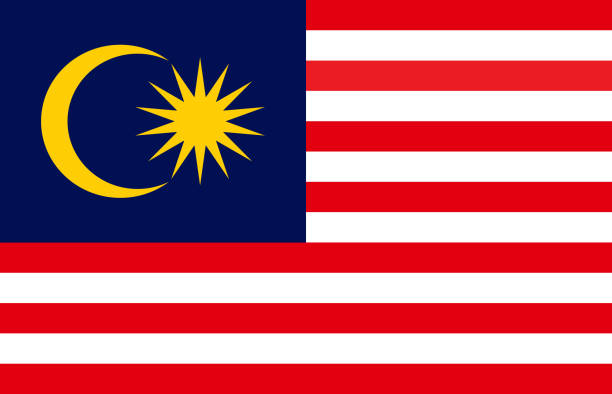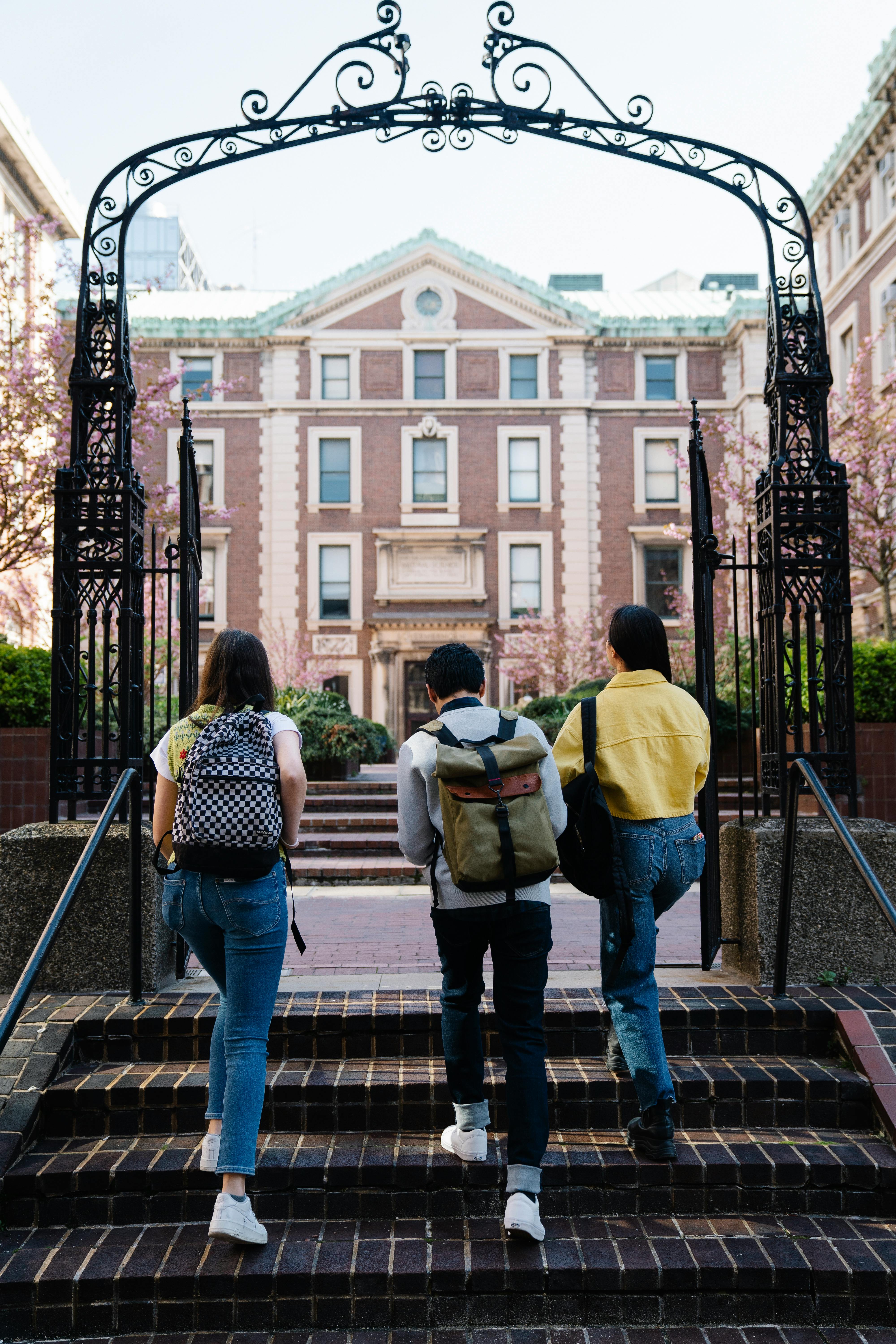Study In
MALAYSIA
Malaysia, located in the heart of Asia is renowned for its affordable living standards, high quality of life, and dynamic economy, making it an appealing choice for students, tourists, and business investors alike. Contact us for expert guidance on your journey to study in Malaysia.

Asia Pacific University of Technology & Innovation
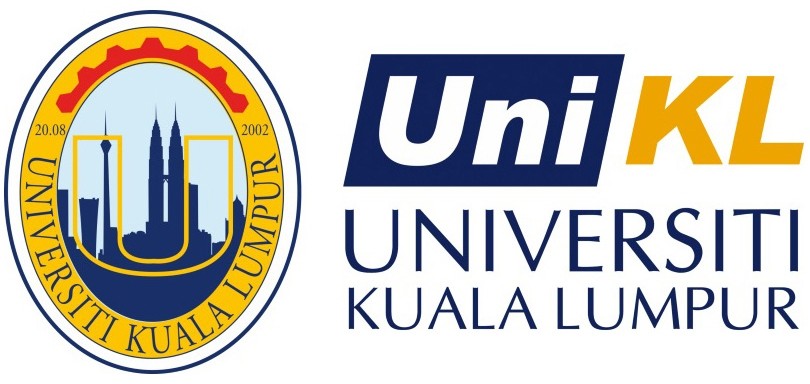
University of Kuala Lumpur

Heriot Watt University, Malaysia
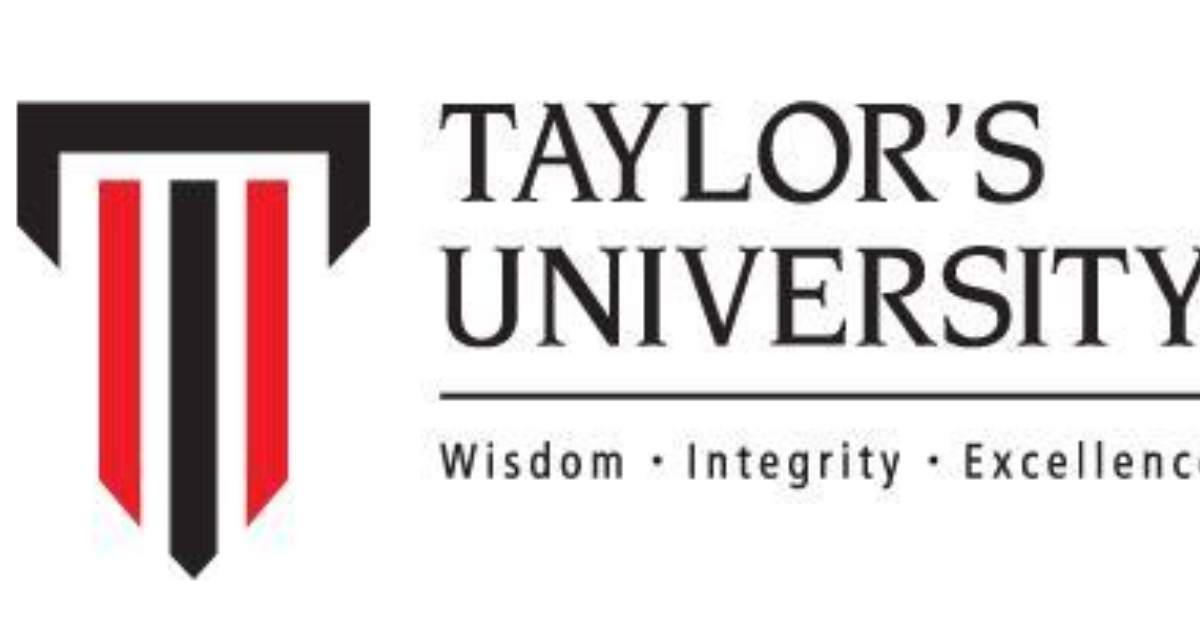
Taylor’s University
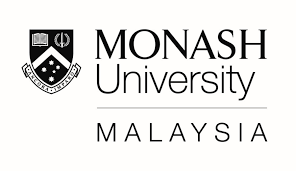
Monash University, Malaysia

Curtin University, Malaysia

